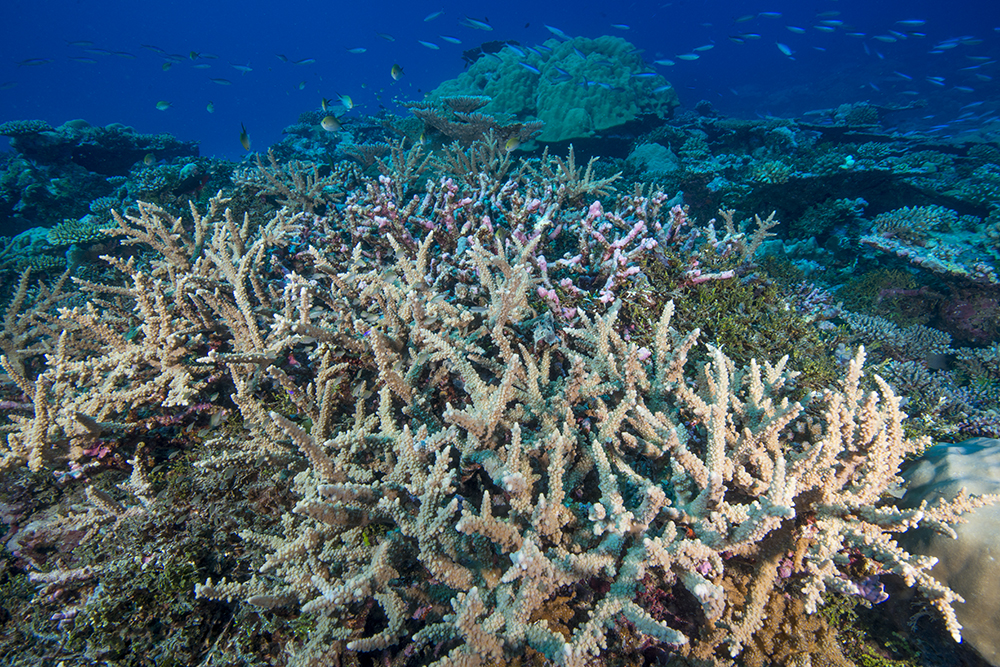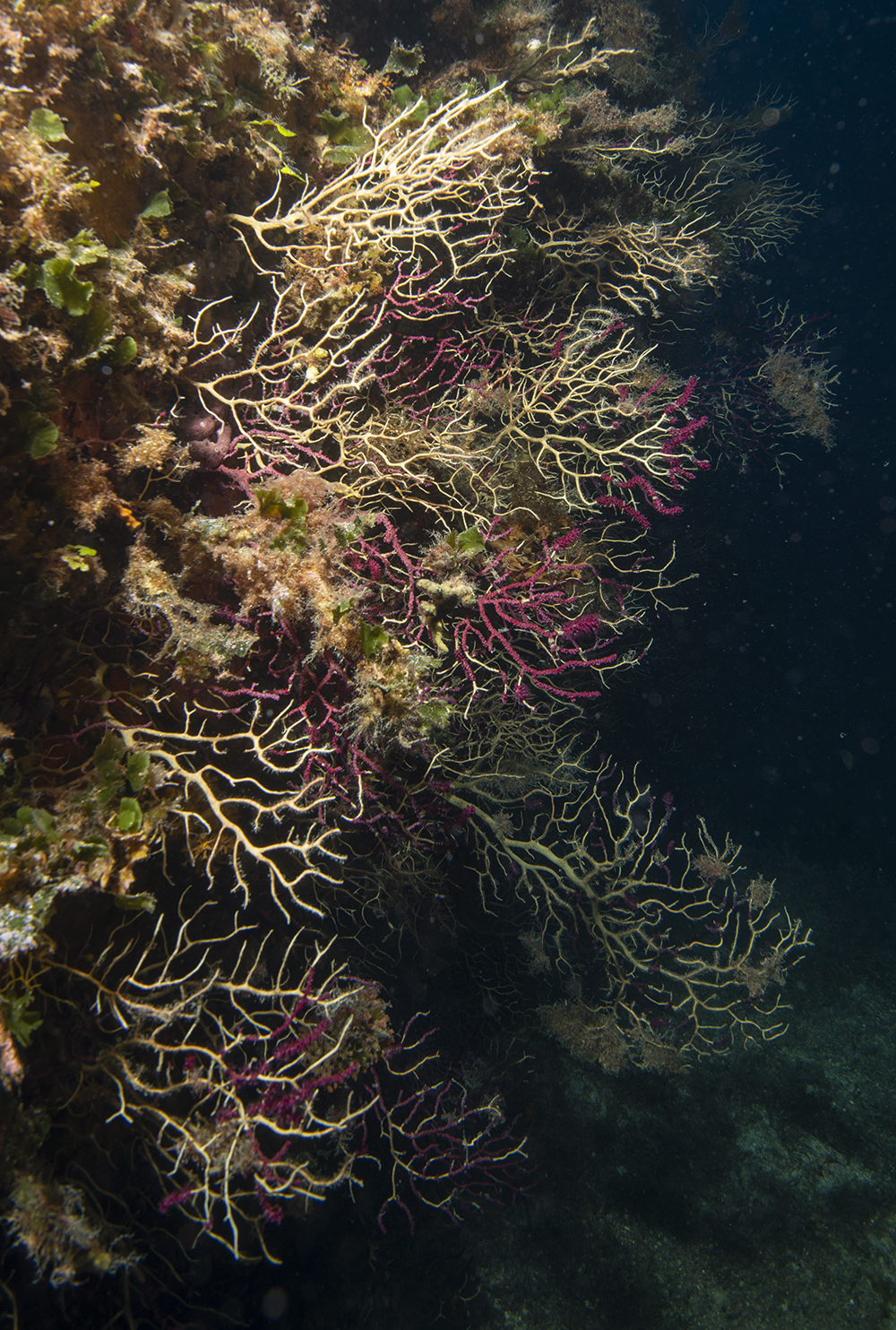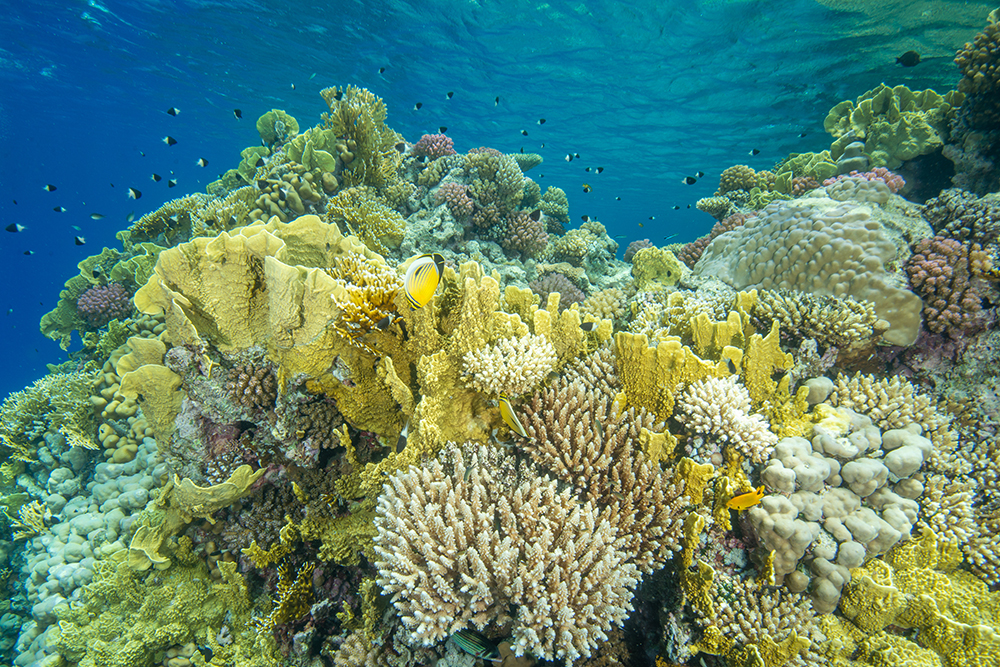 New research published in the journal Marine Ecology Progress Series suggests that the decline of coral reefs in equatorial regions is mirrored by new reefs in more temperate regions.
New research published in the journal Marine Ecology Progress Series suggests that the decline of coral reefs in equatorial regions is mirrored by new reefs in more temperate regions.
Researchers have found that the number of young corals had declined by 85% on tropical reefs, but had doubled on subtropical reefs during the last four decades.
“Climate change seems to be redistributing coral reefs, the same way it is shifting many other marine species,” said Nichole Price, a senior research scientist at Bigelow Laboratory for Ocean Sciences and lead author of the paper. “The clarity in this trend is stunning, but we don’t yet know whether the new reefs can support the incredible diversity of tropical systems.”
The researchers stress that the composition of the new reefs is unknown, but is likely to be determined by the ability of coral species to disperse and, of course, abiotic factors such as currents.
“We are seeing ecosystems transition to new blends of species that have never coexisted, and it’s not yet clear how long it takes for these systems to reach equilibrium,” said Satoshi Mitarai, an associate professor at Okinawa Institute of Science and Technology Graduate University and an author of the study. “The lines are really starting to blur about what a native species is, and when ecosystems are functioning or falling apart.”
The team coined the term ‘refugee corals’ to describe the species that are moving away from equatorial regions.
Personally, I’m a little concerned that these findings may be seized upon by those that say the biodiversity loss on extant coral reefs will be offset by new reefs and that we should reduce our efforts to protect existing reefs.

Deep water gorgonians in the med dying back due to warming waters. Could tropical species replace them?
The researchers on this study are clear that much more research needs to be carried out:
“The results of this paper highlight the importance of truly long-term studies documenting change in coral reef communities,” said Peter Edmunds, a professor at the University of California Northridge and author of the paper. “The trends we identified in this analysis are exceptionally difficult to detect, yet of the greatest importance in understanding how reefs will change in the coming decades. As the coral reef crisis deepens, the international community will need to intensify efforts to combine and synthesize results as we have been able to accomplish with this study.”
Quotes taken from press materials provided by Bigelow University.










0 Comments